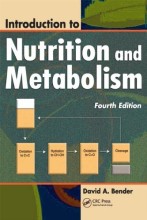Psychobiology of Food Choice and Eating Behaviour - Learning and sensory influences on eating behaviour
6 important questions on Psychobiology of Food Choice and Eating Behaviour - Learning and sensory influences on eating behaviour
What happens when you have repeated exposure to a food?
- Increase familiarity
- reduce neophobia
- but:
- repitition necessary
- boredom
- pleasantness, complexity
Classical conditioning - Flavor-consequence learning:
Classical conditioning - flavor-nutrient learning:
- Higher grades + faster learning
- Never study anything twice
- 100% sure, 100% understanding
Classical conditioning - flavor-flavor learning:
For example: adding sweetness to drinks/foods (coffee, alcohol)
Explain the importance of motivation in food preferences:
- Important when learning (during exposure phase)
- examples:
- hunger/satiety (FCL, FNL)
- macro/micronutrient depletion (FNL)
- liking sweetness (pairing stimulus) (FFL)
- addiction (caffeine, nicotine) (FCL)
Food aversion learning =
- Stronger, lasts longer
- longer time window CS and reinforcer
- faste, less trainging needed
- less dependent on motivational status
The question on the page originate from the summary of the following study material:
- A unique study and practice tool
- Never study anything twice again
- Get the grades you hope for
- 100% sure, 100% understanding





























